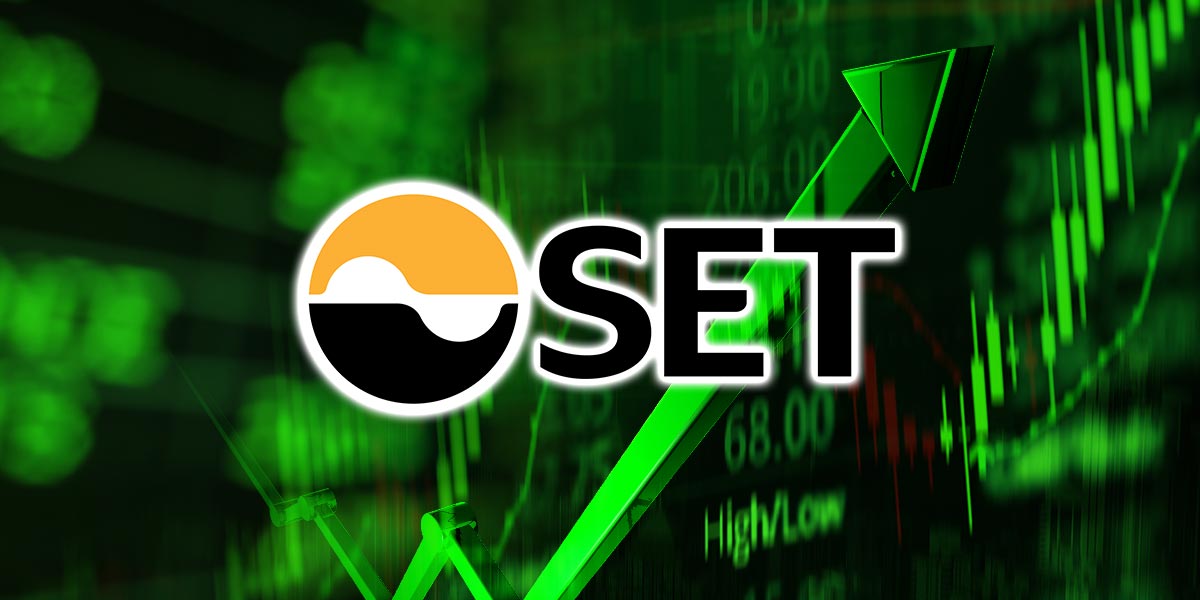Thailand’s SET Index soared as much as 2.3% in the morning session on Monday to 1,344.46 points, marking its highest level since January 30, 2025. The rally was driven by a combination of improved investor sentiment over the U.S. policy rate outlook, strong earnings from key stocks, and positive developments in both regional geopolitics and global trade negotiations.
Fed Rate Cut Expectations
Investor confidence received a significant boost following the release of the U.S. Consumer Price Index (CPI) report for September. According to the Bureau of Labor Statistics, headline CPI rose only 0.3% month-on-month—slightly under the expected 0.4%—and registered 3% year-on-year, also falling short of economists’ expectations. Meanwhile, core CPI, which excludes food and energy prices, rose just 0.2% on a monthly basis, below the anticipated 0.3%. The subdued inflation figures have reinforced expectations that the U.S. Federal Reserve is poised to enact another rate cut at its meeting next week. This scenario of looser monetary policy in the world’s largest economy has enhanced risk sentiment in emerging markets, including Thailand.
DELTA Drives Buying Momentum
Shares of Delta Electronics (Thailand) PCL (SET: DELTA) played a pivotal role in the SET’s advance after the company reported stellar third-quarter earnings. DELTA posted sales revenue of 53,214 million baht in Q3 2025, marking a robust 23.1% year-over-year increase. This growth was fueled by continued momentum across its Power Electronics, Infrastructure, and Automation segments, with notable demand for server and data center solutions spurred by the global expansion of artificial intelligence. DELTA’s net profit jumped 25.9% to 7,441 million baht, translating to earnings per share (EPS) of 0.60 baht—up from 0.47 baht in Q3 2024. The company’s strong performance reinforced buying activity and helped lift the overall market.
Regional Peace
Geopolitical stability also contributed to positive sentiment. Thailand and Cambodia recently signed an expanded ceasefire agreement during the ASEAN summit in Kuala Lumpur, aiming to strengthen peace along their historically volatile border. This move has been welcomed by investors as a sign of greater regional stability.
US-China Framework
In a further boost to global risk appetite, the United States and China announced the basic terms of a framework agreement aimed at easing trade tensions. According to U.S. officials, President Donald Trump’s administration has withdrawn plans for sweeping tariffs on Chinese imports, while China agreed to delay new export licensing requirements for rare earth minerals. Formal approval of the deal is scheduled to take place when Presidents Trump and Xi Jinping meet at the upcoming APEC summit in Gyeongju, South Korea. Markets widely anticipate the agreement to help avert further escalation in the U.S.-China trade dispute.





